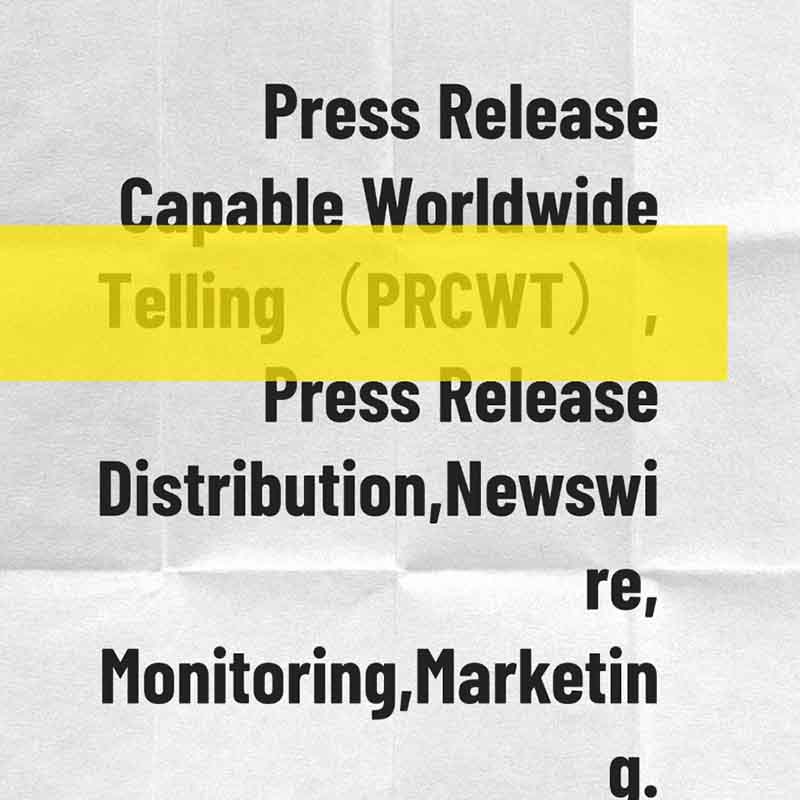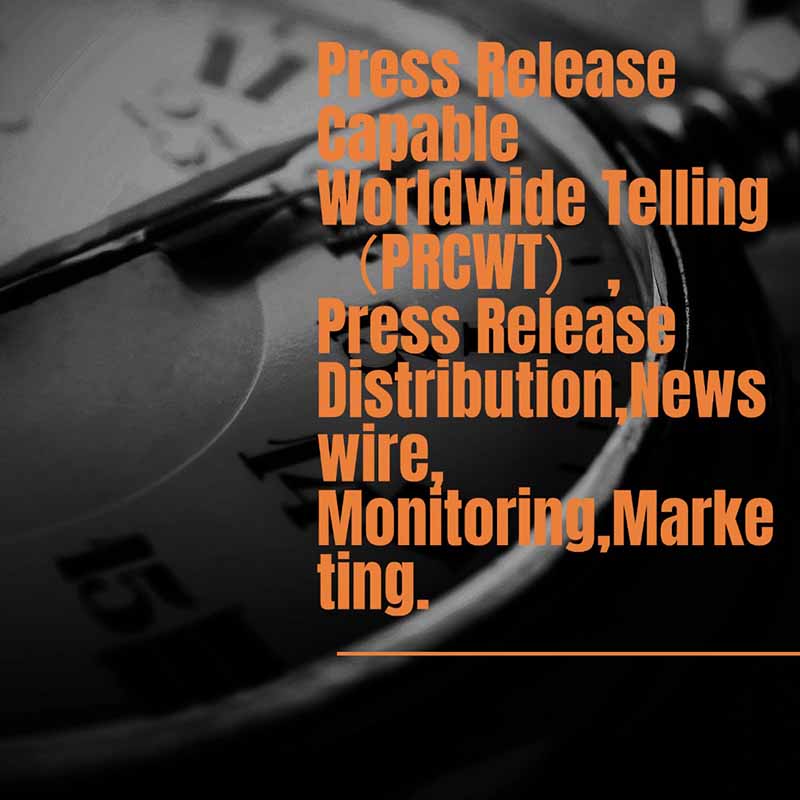In today's highly competitive digital landscape, content marketing has emerged as a crucial strategy for businesses to connect with their target audiences. With the ever-increasing amount of information available online, consumers are bombarded with ads and promotions. However, content that provides value, engages, and entertains has the potential to cut through the noise and capture the attention of potential customers.
Content marketing involves creating and distributing valuable, relevant, and consistent content to attract and retain a clearly defined audience. This can include blog posts, videos, infographics, social media updates, and more. The goal is to build trust, establish brand authority, and drive meaningful engagement.
According to recent industry data, businesses that invest in content marketing see a significant return on investment. For example, a study by HubSpot found that companies that blogged regularly received 55% more website traffic than those that didn't. Additionally, content marketing can lead to a higher conversion rate, as consumers are more likely to purchase from brands they trust and have a positive perception of.

One of the key benefits of content marketing is its ability to build relationships with customers. By providing valuable content, businesses can position themselves as thought leaders in their industry and earn the trust of their audience. This can lead to increased customer loyalty, repeat business, and positive word-of-mouth recommendations.

Another advantage of content marketing is its flexibility. It can be used to target specific audiences, promote products or services, and drive conversions at every stage of the customer journey. For example, businesses can create educational content to attract new leads, product demos to engage prospects, and case studies to convert customers.
To be successful in content marketing, it's essential to have a clear understanding of your target audience. What are their pain points? What do they need? What kind of content will resonate with them? By answering these questions, you can create content that is tailored to their interests and needs, increasing the likelihood of engagement and conversion.

In addition to understanding your audience, it's important to focus on quality. Your content should be well-written, engaging, and visually appealing. It should also be optimized for search engines to ensure maximum visibility. This means using relevant keywords, meta descriptions, and headings to improve your rankings.
Finally, it's crucial to measure and analyze the success of your content marketing efforts. What's working? What's not? What can you do to improve? By tracking key metrics such as website traffic, engagement, conversion rate, and customer acquisition cost, you can make data-driven decisions to optimize your strategy and drive better results.
In conclusion, content marketing is a powerful tool for businesses in the digital age. By creating and distributing valuable, relevant, and consistent content, you can build relationships with your customers, drive engagement and conversions, and establish brand authority. With the right strategy and execution, content marketing can be a highly effective way to grow your business and achieve your marketing goals.